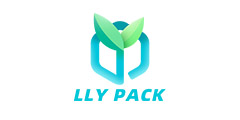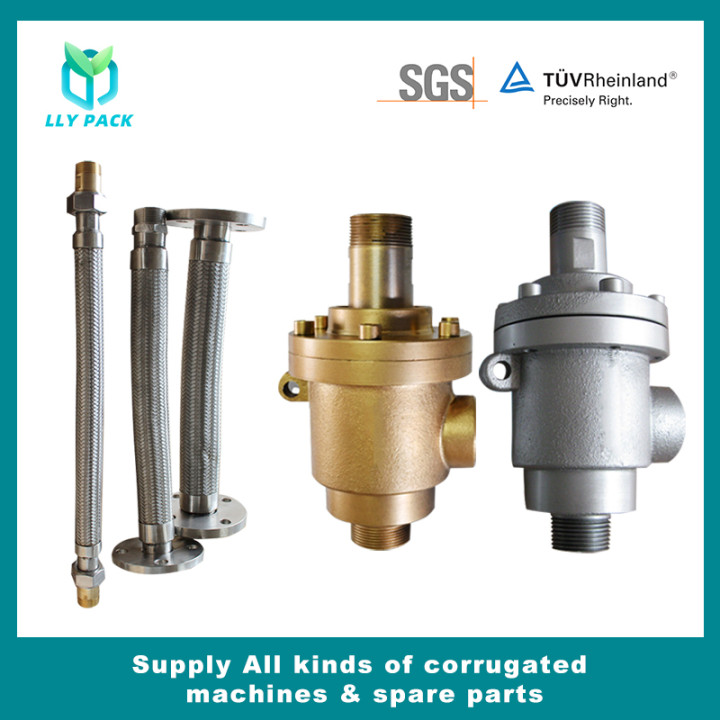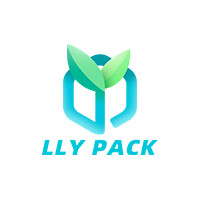As corrugated boxes are used to protect packaging products and promote promotional functions, corrugated boxes are required to have rich and colorful information that can attract the attention of consumers. This poses a challenge for the printing of corrugated cardboard.
Flexo printing technology is the main printing method for corrugated board
Corrugated paperboard has always been an indispensable material for manufacturing packaging containers because of its unique advantages such as light weight, low cost, high bending strength, high adaptability to processing and structuring, and good printability. So far, corrugated cardboard has become one of the most widely used packaging materials in modern packaging, and its usage is steadily increasing. It is expected that by 2010, the world's demand for cartonboard will grow at a rate of 2.8% per year and reach 125 million tons by 2010.
With the ever-increasing competition, merchandise packaging presents another functional requirement for corrugated boxes – the promotion. Therefore, corrugated cartons should be able to carry rich text, images and other information, and have bright colors, used for alcohol, small appliances, footwear, hardware tools, microelectronics products, computer software, counter sales display, fast food, etc. package of. At present, common methods for printing corrugated cardboard include flexible printing, gravure printing, and re-bonding of first offset printing paper, among which flexographic printing is the most commonly used.
We know that corrugated cardboard can be classified into two types: "preprint (brush)" and "postprint (brush)" according to whether or not there are images and text on the paper. In brief, “preprinting (brushing)” refers to printing (from roll to roll) on the tissue prior to production of the corrugated cardboard, and then feeding the printed tissue onto the corrugated board machine for veneering and production of the cardboard. "Post-printing (brush)" refers to printing on corrugated cardboard that has already been made. However, whether it is "pre-printing" or "post-printing," the most important printing method used is flexographic printing, in which preprints mostly use satellite-type web printing presses (up to 4 or more than 6 colors), and the latter printing More use of the unit type sheetfed printing press (usually below 4 colors).
According to statistics, corrugated cartons use flexographic printing technology to account for about 95% in the United States, 85% in Western Europe, 93% in Japan, and more than 50% in China. The wide application of flexographic printing technology in the corrugated industry is inseparable from the many advantages it has.
The advantages of flexographic printing in corrugated paperboard
The advantages of using corrugated board printing technology mainly include the following points:
1. The softness of the flexographic plate allows the printing process to achieve good printing results with only a small printing pressure. When printing on the surface of corrugated board, it can reduce the effect of non-uniform pressure of corrugated board, make up for the defect of uneven thickness and thickness of corrugated base material, and reduce the phenomenon of “wash board”.
2. After the photochemical treatment of the flexographic printing plate, the quality is better than that of the previous rubber plate, and color separation is sometimes more obvious.
3. The water-based ink used in flexographic printing is non-polluting and harmless to the human body and meets environmental protection requirements. The flexo printing machine uses metal anilox roller to transmit ink, and the printing plate only needs to gently touch the corrugated cardboard, and the aqueous ink is completely transferred.
4. The structure of the flexo printer is simple, four rollers form a color group, and it is convenient for loading, adjusting, and cleaning. Flexo printing presses can also be produced in line with other processes, such as indentation, slotting, die cutting, gluing, box making, counting and other processes to form a linkage production line, which greatly increases production efficiency.
5. The operation of the flexo printing machine is also relatively easy to train, because it is an anilox roller quantitative ink, the printing roller can be achieved after the rotation of 1 ~ 2 turn ink coloring requirements, the entire batch of color printing ink is very small, reducing the paper Consumption.
6. Large-format flexographic printing presses can meet the requirements of large-scale carton production, just in response to the trend of corrugated paperboards to large-format development.
Corrugated board printing experienced several stages
1. Monochrome printing of text or lines. This kind of printing press has low printing precision, the ink must be evenly beaten by several rubber rollers, and the drying time after printing is long, which is not suitable for high-speed printing. The printed products play a simple identification function and cannot play a decorative role.
2. Color printing of text or line color blocks. This is mainly the use of water-based ink three-color printing press, with higher precision overprint, printing ink is water-based ink, drying speed, full color, good printing effect. However, its performance content is not widely used due to factors such as printing presses.
3. Direct printing of halftone patterns. The printing press at this time is a high-precision three-color or four-color flexographic printing press. The number of anilox roll lines is generally 250 lines/inch, and the reproduction effect of some halftone patterns is better. However, due to limitations in the accuracy of the printing press and the number of printing colors, the appearance of layering is not very strong.
4. Color preprinting. Color preprinting is a direct printing of webs. Fine prints can be printed on multi-color (4-8 colors), high-performance, high-precision satellite printers. The inks used are alcoholic inks, which have fast drying speed, bright color, and strong performance. In order to increase the surface gloss, a layer of varnish can also be overprinted to make the printed pattern bright and bright and hard to wear. The printing plate is a thinner resin plate, and the fine color separation process can reproduce the pattern completely. The performance content of printing patterns is also more diversified, and the color is more abundant. It becomes a real sales package, and it has the effect of beautifying goods and promoting sales.










